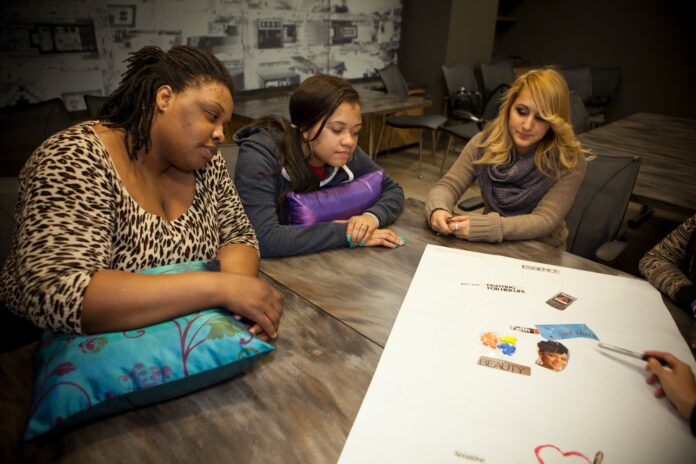By Wendy Lu
Published on The New York Times
April 19, 2018
Instead of waiting to have “the talk” until adults think it’s age-appropriate, consent education should start at the earliest age possible and remain a constant lesson through childhood and adolescence, said Jett Bachman, a youth educator at Day One, a nonprofit organization that works with youth to promote healthy relationships and end dating abuse.
These lessons can start at the most basic level of teaching respect for physical boundaries, said Mx. Bachman, who uses the gender-neutral honorific. For example, rather than pressuring pre-school-age children to hug relatives or adults they don’t know, adults might suggest alternatives like a high five or a wave. This gives children agency in deciding when and how they want to physically interact with other people.
For kids in elementary school, Mx. Bachman said incorporating the word “consent” into their vocabulary will encourage them to apply it to all areas of their lives. In learning to ask permission to use a classmate’s toy, for instance, they learn that all people have a right to their belongings and their own private space. By the time they reach their teens, these lessons can be extended to their relationships.
Challenges arise in part because from a very early age, research shows, children are socialized to behave according to their gender. Girls, for example, are often taught to be modest and may feel flattered when boys tease them. Boys are more likely to be taught to hold in their feelings, and to be aggressive in the pursuit of a crush and push boundaries.
This kind of gender stereotyping can become an indirect link to more problematic behaviors like sexual harassment, said Dr. Jeglic, and be harmful for kids of all ages and genders. If parents, teachers or other guardians suspect that children in their care are experiencing sexual harassment, bullying or abuse from their peers, she said, it’s important to validate their experience, listen to what they have to say and help them understand what happened.
Reference: https://www.nytimes.com/2018/04/19/well/family/metoo-me-too-teenagers-teens-adolescents-high-school.html
Comment: This article briefly introduced the movements and organizations young people started as a reaction to #MeToo movement. Many suggested that sex ed, especially consent ed should be taught at a young age. Letting children know they have a choice with physical interactions and starting to be aware of their relationships are important lessons and they should be addressed early. Even these are not necessarily sex related, I think it could build the foundation of developing healthy relationships and protect oneself from abuse.




